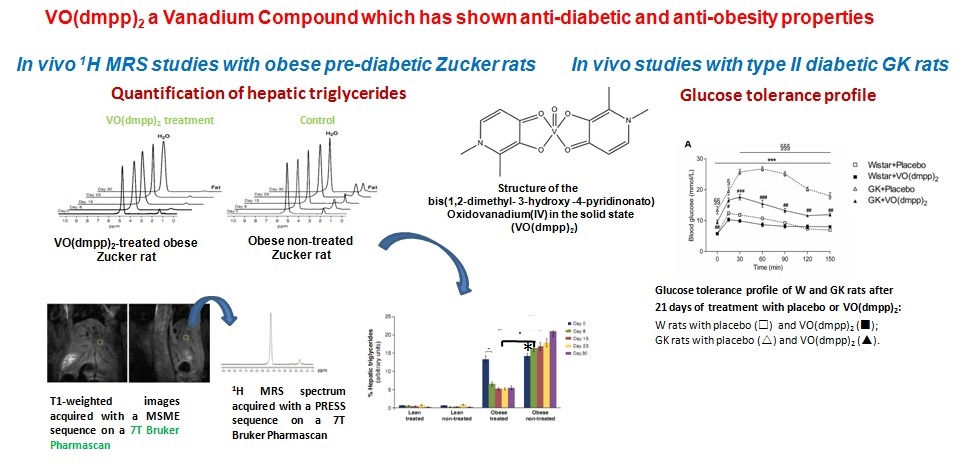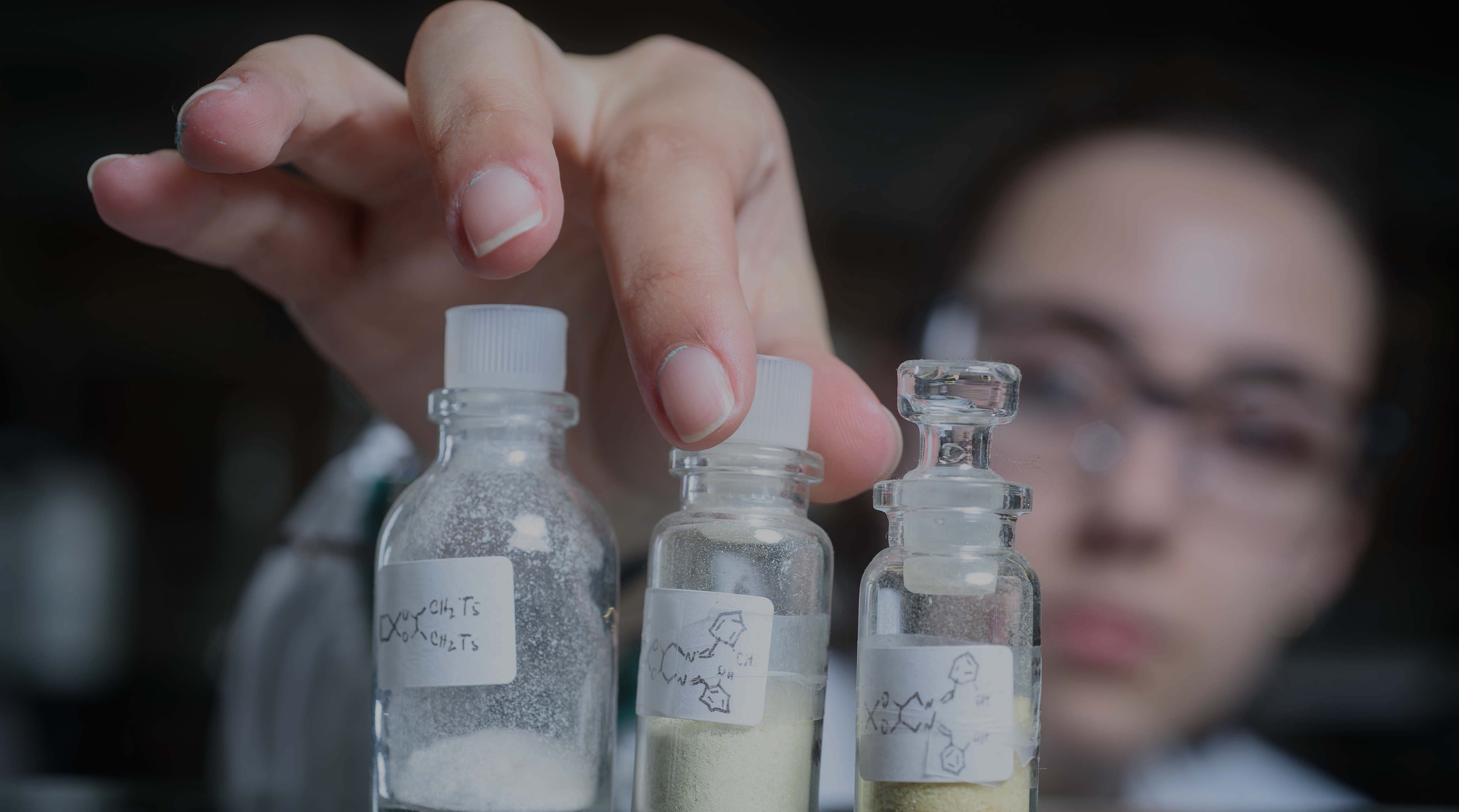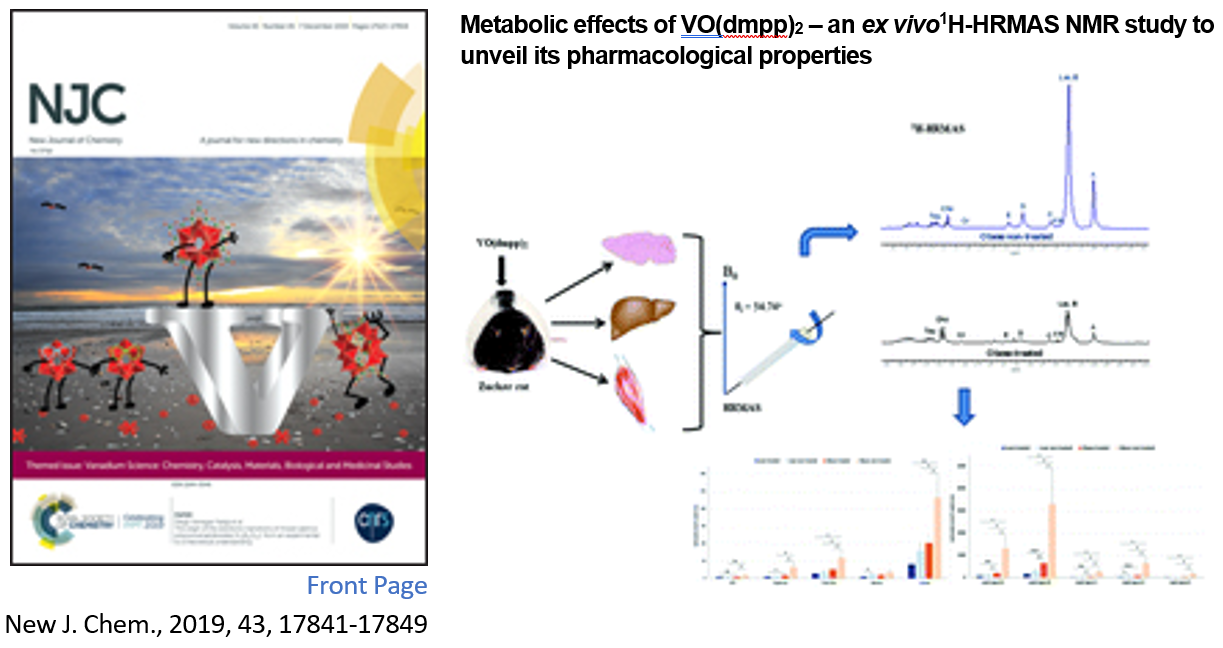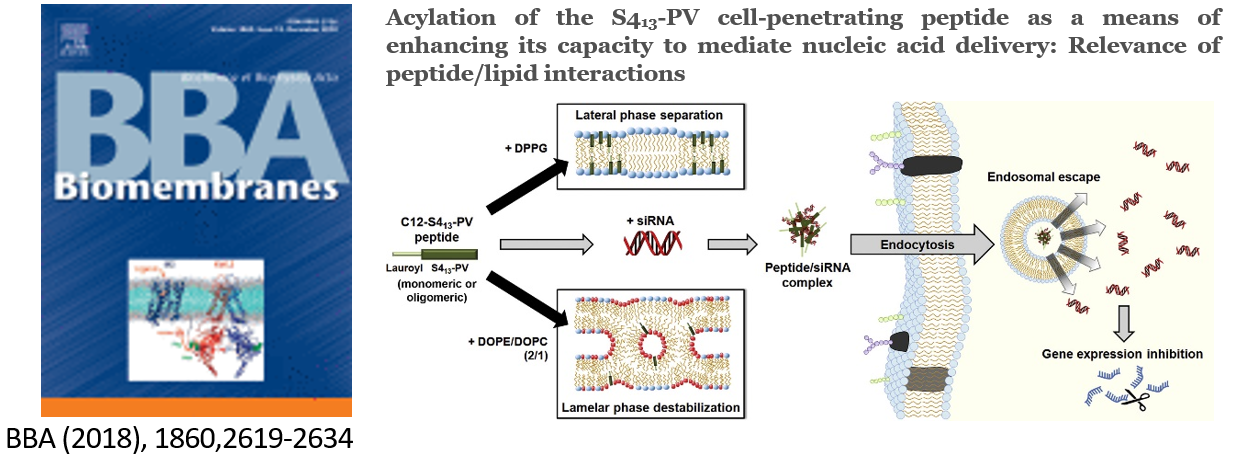The main goal of the Bioinorganic Chemistry group is the study of the interaction of metal ions with biological systems regarding their essentiality and toxic effects as well as the development of metal-based drugs for therapy and diagnostic.
The multidisciplinarity of the research carried out by this team aims at answering to important questions and requisites in key areas: Medicine and Environment.
Studies have been focused on the investigation of:
- the role of essential metal elements in biological systems: interaction with biological relevant molecules
- the targets and mechanism of toxicity of toxic elements and metal-based drugs
- metal based drugs for therapy and diagnostic – a transversal study of synthesis, structural characterization, evaluation of therapeutic properties and capacity as contrast agents (namely optical, MRI and PET/SPECT contrast agents) of inorganic compounds. Development of theragnostics, bi-, multimodal and molecular imaging contrast agents.
Different spectroscopic techniques as uv-vis, fluorescence, EPR, relaxometry and NMR spectroscopy for structural and biological studies have been useful tools to achieve the desired objectives. In vitro studies with adequate cellular models, ex vivo studies with primary cell cultures and organs and in vivo studies with pertinent animal models have been used.
The coordinator of the Bioinorganic Chemistry, Profª Margarida Castro, is the founder of miniBIOQS. Together with several members of the Biological Chemistry group and additional collaborators, in 2017 miniBIOQS was registered as a non-profit organization dedicated to take science to everyone.
facebook instagram email: minibioqs@gmail.com

Below are some highlights. Click on the image to be directed for the publication and/or more information.
A detailed study published in J. Inorg. Biochem. (2012) 115, 44-49; (2014) 131, 115-122; and (2016) 154, 29-34,
showed that VO(dmpp)2 has anti-diabetic and anti-obesity properties.






